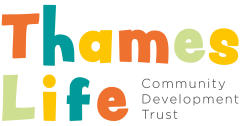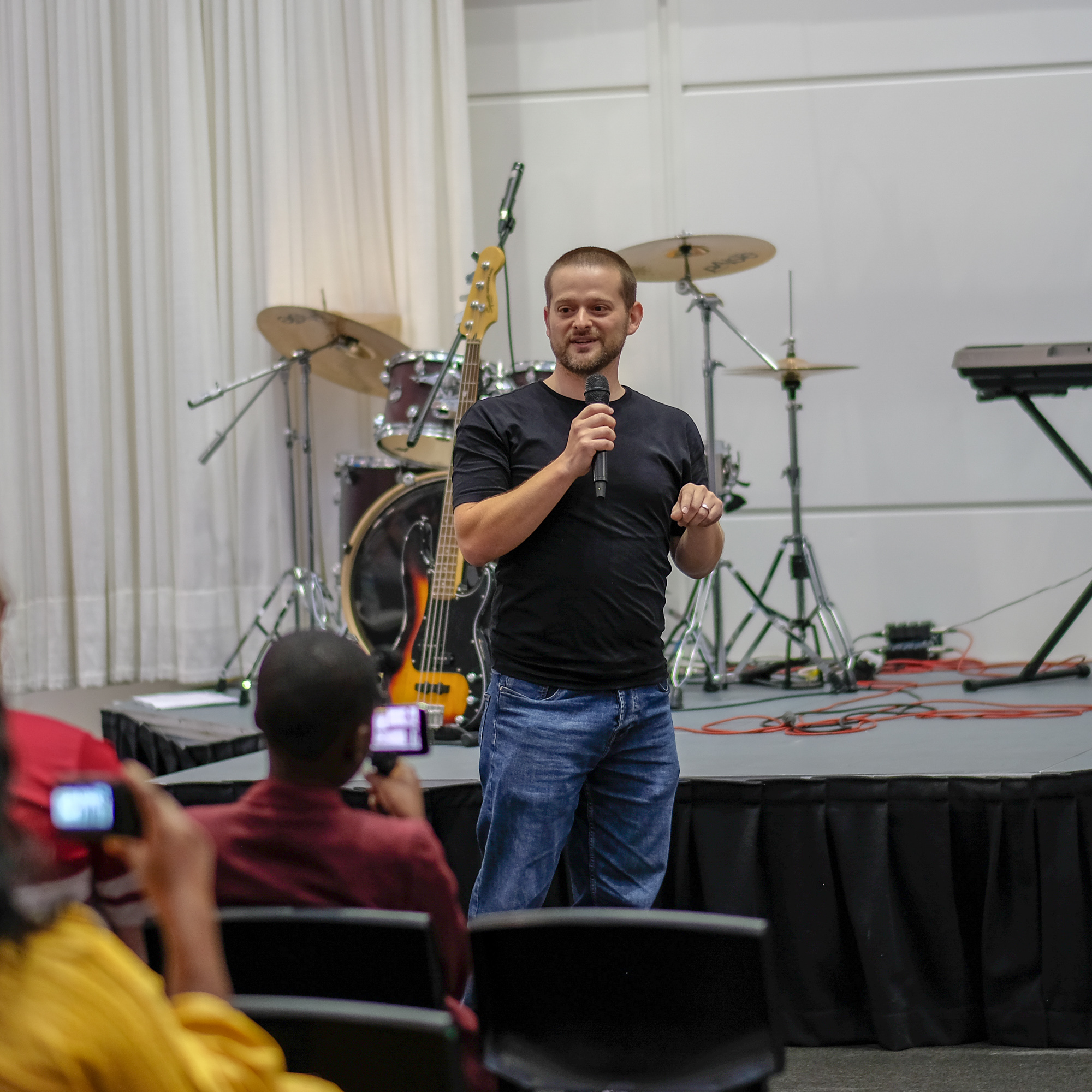What did you do during lockdown?
We had loads of online discussions with our resident trustees over lockdown as well as delivering courses and meet ups online; I lived vicariously on zoom and we got a lot done. We were careful to check how people were getting on. It didn’t make sense to pretend these were or are normal times and to charge into business as usual. The community organising training we’ve done starts and ends with relational power – with relationships – an organised community is as strong as its relationships. Communities may lack large buildings, large organisations, lots of money, but they will always have more people on the ground where it matters. So it is important that we look after each other because sometimes that is all we have.
At our meetings we asked people what things they’d been doing – coping strategies, things for fun and so forth. We generated quite a long list: lots of online yoga, pilates, learning new things online, trying new recipes, checking out new music, going for walks, exploring new places locally.
One of the things I did was read a lot of books; that is my downtime. All sorts of books, novels, history, travel, books about ideas. It is a good counter to the online hyperactivity of social media and work and there’s only so much Netflix you can watch till it all gets the same. A couple of books I did read were by the borough’s local MPs which were pretty eye opening.
Jon Cruddas’ book on ‘The Dignity of Labour’ draws on his experience of Dagenham and looks at the importance of work and belonging. It made a lot of sense to me. Somewhere along the way we seem to have forgotten that where we live and what we do for work is central to how we feel and by extension how well society holds together. The fragmenting of community and social ties driven by a precarious job market, where work is short term and liable to change any minute undermines human dignity. We need to feel rooted to be fully alive and connected to one another. There’s a lot of theory in it but that was the message I took away. One thing I wanted to hear more about was the role of community groups. That bit was missing for me. People organise collectively by creating small groups, meeting in their front rooms, places of worship, tenant halls – that for me is what transforms the sense of isolation and builds community. My complaint is that the community sector always gets forgotten about and yet it is the backbone to what gets done – hence BD Collective’s estimate of 7,000 community groups in the borough, mostly invisible.
What I remember most about Margaret Hodge’s book ‘Called to Account’ is the Public Accounts Committee work. The inside story of how hard it is to get a whole range of public servants and private sector companies to be accountable is something to behold. The micro detail of what blocks transparency and openness about how things are run could hardly be more important. You could have all the policies and plans in the world but if they get keep getting blocked that really needs to be looked at because otherwise there is a continual loop of failure. I guess my takeaway is that it is right to ask questions and to keep on asking them, and not to stop. Sometimes I feel that’s a lonely place to be and that the (non) answers tend to be hostile and evasive in equal measure. My point about relationships at the start – we know when people are being open with us and that creates warmth and stronger communities. Other parts of society could learn from that.
I love reading because it opens up new worlds for me; its immersive and whilst reading can cut you off for a while, it is good to take a break and those worlds within the words can deepen connections that might have been missed. Let me know any good tips of stuff to read.
TWCP Director




